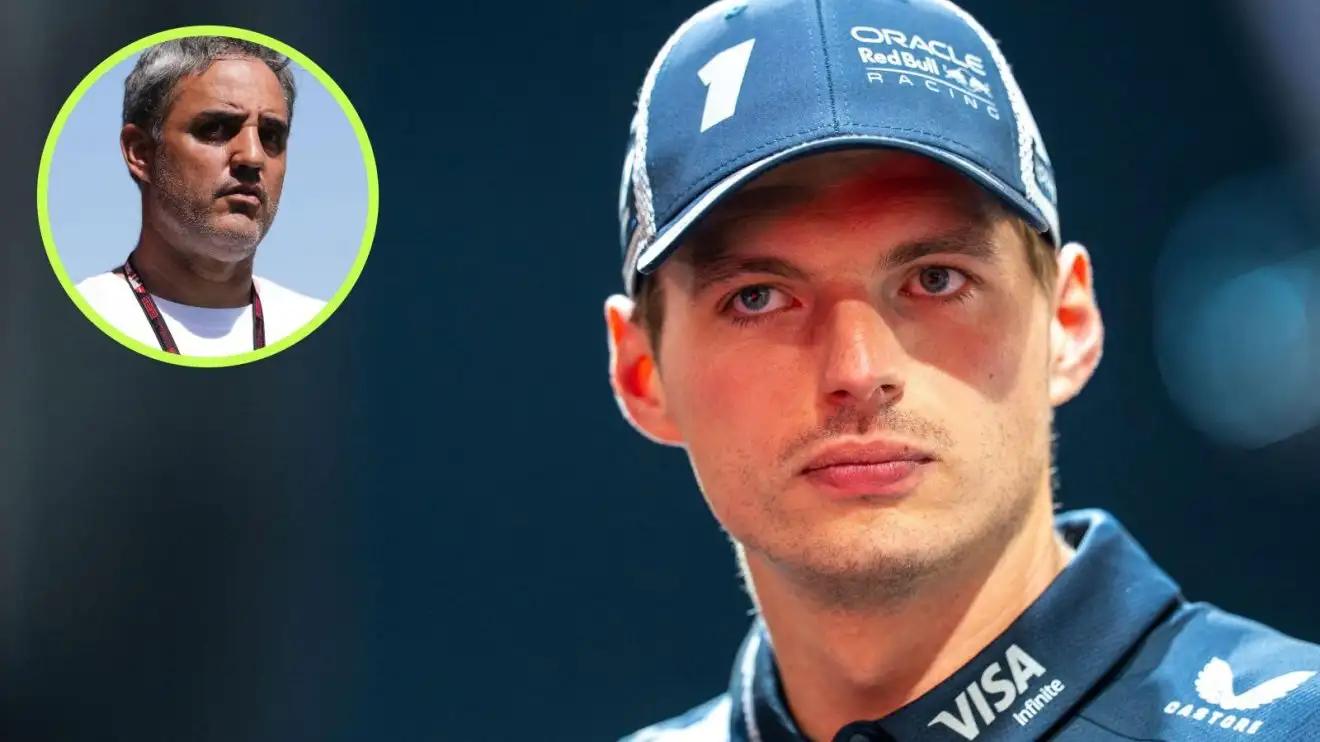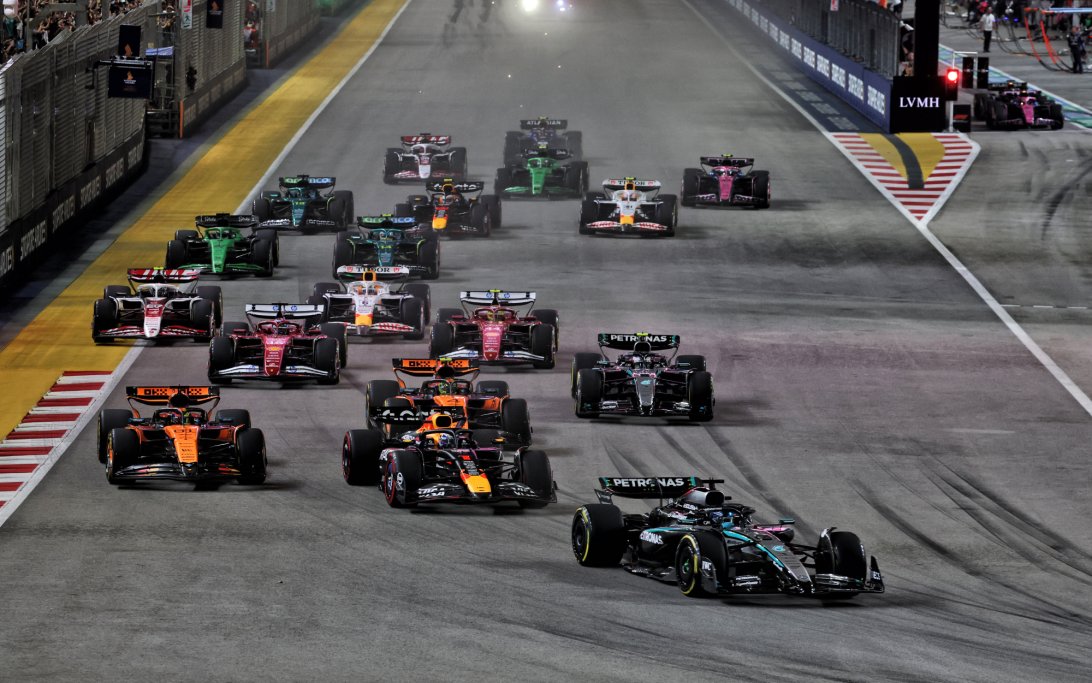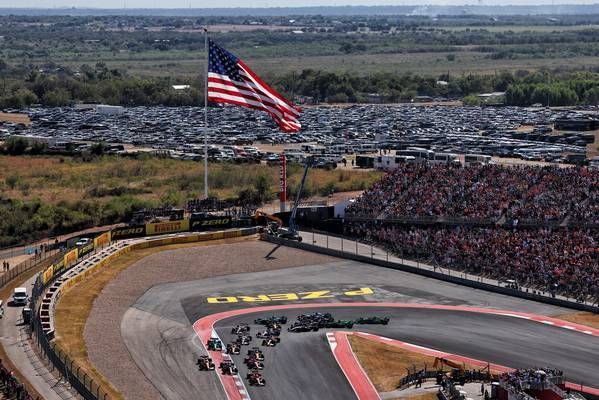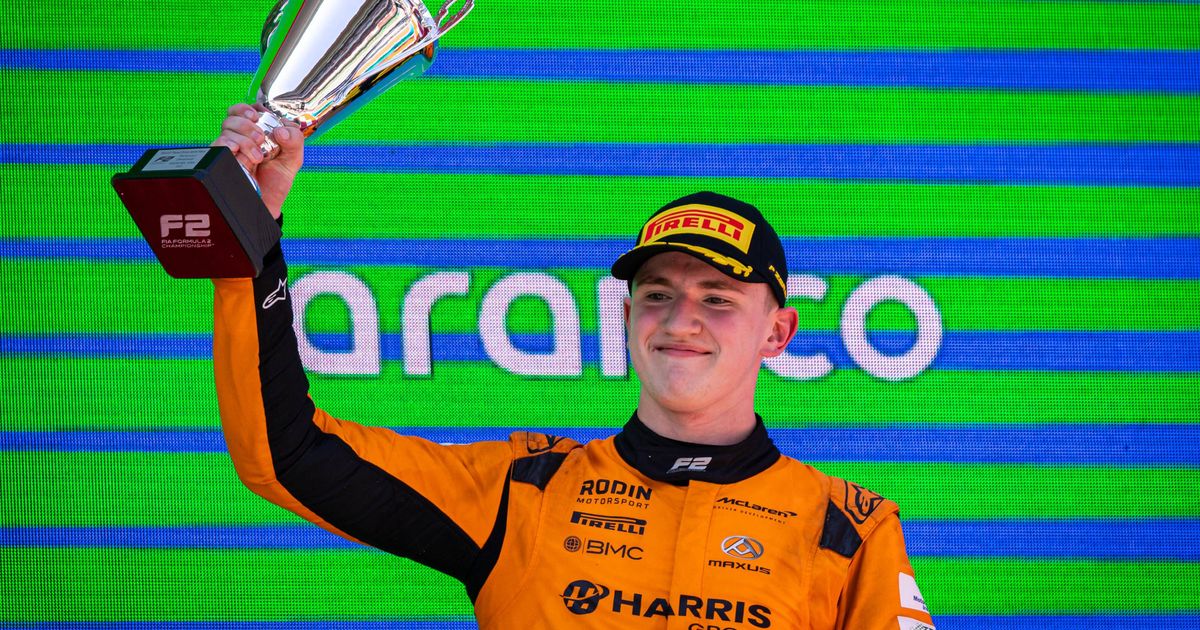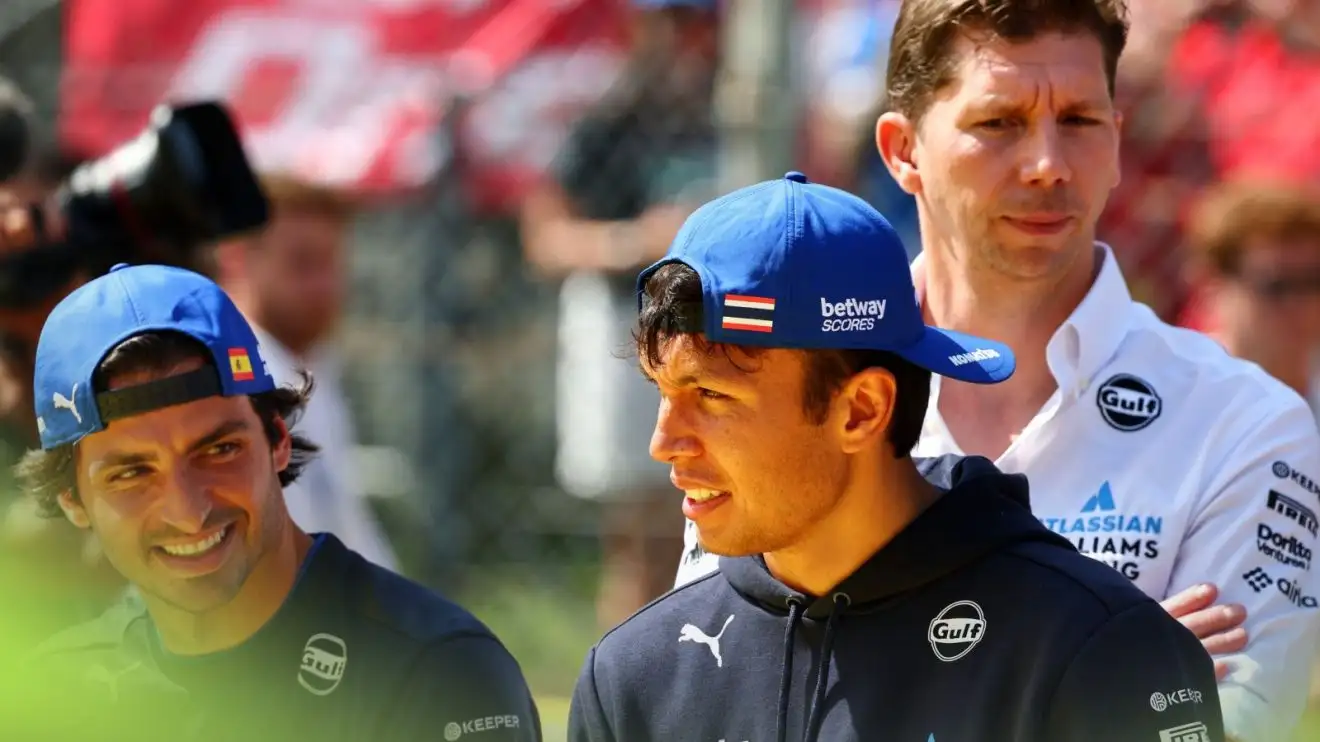
F1 Insider Questions Williams' Threat to Demote Sainz or Albon for 2026
Williams team principal James Vowles has signaled a bold strategy for the 2026 F1 season, indicating he would go as far as demoting a driver like Carlos Sainz or Alex Albon if internal rivalries compromise the team's performance. This stance, aimed at maintaining harmony amidst high aspirations for the new regulations, has drawn skepticism from former Ferrari and Williams engineer Rob Smedley, who believes such a move would ultimately harm the team.
Why it matters:
Williams is banking on the 2026 regulation changes, particularly with a strong Mercedes power unit, to elevate them to front-running status. Vowles' stringent policy underscores the immense pressure and high stakes involved in capitalizing on these rule changes, but Smedley's cautionary perspective highlights potential pitfalls, emphasizing that demoting a driver could backfire by undermining the team's overall competitiveness and championship ambitions.
The Details:
- Vowles' Warning: James Vowles, Williams team principal, stated on the 'Beyond the Grid' podcast that the "harshest of punishments" for drivers causing collisions or disrupting team harmony would be removal from the car for the next race.
- Smedley's Counter-Argument: Rob Smedley, who worked with Ferrari (2004-2013) and Williams (2014-2018), revealed that Ferrari never employed such a demotion policy. He argues that replacing an official driver with a non-official one would ultimately hurt the team's performance and Constructors' Championship aspirations.
- Clarity is Key: Smedley agrees with Vowles on the necessity of clear rules of engagement without ambiguity. He noted that disagreements typically arise from "edge cases" or unexpected behaviors not explicitly covered in pre-race briefings.
- Driver Mentality: Smedley emphasized that top F1 drivers are inherently "warriors" and "elite athletes" who are selfish and focused on their own performance. He believes this is a necessary trait for championship contenders, and a team's role is to set boundaries that channel this ambition for the best team outcome.
- 2026 Outlook: Williams anticipates significant gains from the 2026 regulation changes, which will feature smaller, lighter cars with active aerodynamics and new power unit rules. Mercedes is expected to deliver a strong engine, which Williams will be utilizing. Carlos Sainz, joining Williams in 2025, is a key part of their future plans.
Between the Lines:
While Vowles' threat is a clear attempt to establish dominance and prevent costly internal battles, Smedley's insights reveal a pragmatic truth from top-tier F1 teams: sacrificing a front-line driver, even for disciplinary reasons, is a double-edged sword. Elite drivers are almost irreplaceable, and the disruption caused by their absence often outweighs the perceived benefits of a punitive demotion. This debate highlights the delicate balance F1 teams must strike between driver management and maximizing on-track performance, especially in a pivotal year like 2026.
What's next:
As the 2026 regulations loom, all eyes will be on how teams, particularly Williams, manage their driver lineups amidst heightened competition. Carlos Sainz's move to Williams in 2025 will set the stage for how Vowles' policy might be tested. The success of Williams in 2026 will largely depend not only on their car and power unit but also on their ability to foster a harmonious yet competitive environment between their drivers, a challenge Vowles is clearly preparing for with his strict warnings.
Original Article :https://www.planetf1.com/news/rob-smedley-no-ferrari-driver-demotion-threat-carl...


